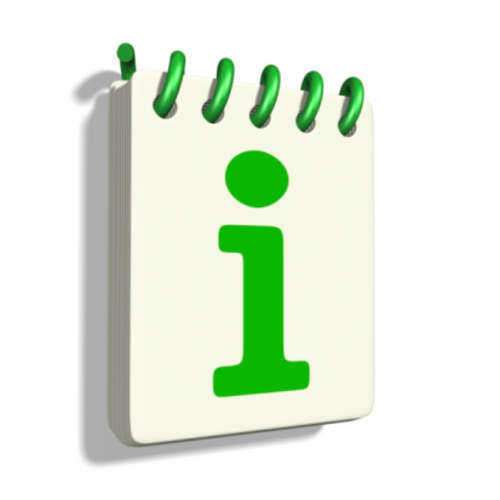A Brief History of the Exhaustion Doctrine
The so-called exhaustion doctrine pertains to the scope of intellectual property rights after the item in which they are embodied is sold. Intellectual property right-holders may attempt to place limitations in a product, such as pertains to its resale by the purchaser or its utilization for some unforeseen purpose. The term "exhaustion doctrine" is usually applied specifically to patent protection issues. It refers to the subject of "first sale," which is also used in regard to copyright.
The historic case of Bauer & Cie. v. O'Donnell had provided for the wider understanding of the first sale doctrine and limitation of patent protection rights , by a 1913 decision by the Supreme Court that the patent holder could not enforce requirements on the rates of sale for which a patented product was further and permissibly offered. In 2007, however, the Supreme Court found that the lowest allowable price for resale could be required by patent holders. This decision may have further impact on the application of the first sale doctrine.
